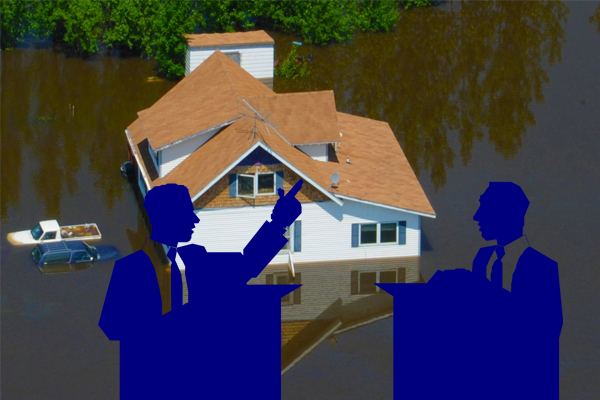Trending
What can be saved? US cities debate how to prepare for extreme storms
But don't count on flood insurance to bail you out

American cities are debating how to tackle the changing nature of storms, but the one thing everyone can agree on is that no one is prepared.
The most recent city to be shook by unexpected extreme weather was Boston. The city experienced an unprecedented tidal surge during a storm earlier this month, according the Wall Street Journal, with the flood waters permeating parts of the city that had never been thought of as flood risks. It’s one of several wake-up calls in coastal U.S. cities that’s prompting reflection on what to be done.
In the case of Boston, a geologist working for the city who estimated the cost of “storm-proofing” the Big Dig would be almost $200 million along with other related projects in neighborhoods that would run up bills of more than $400 million. But there’s disagreement on what plan to follow.
R.J. Lehmann from R Street Institute told the Journal that such projects should be selected carefully with acknowledgement that not every neighborhood can be saved from extreme weather.
“There will be places where the costs exceed the benefits. And where that happens, we might lose some communities,” he explained. Buyouts, to him, “are part of the future.”
Others say projects need to get underway now — even without certainty that they will fully address weather threats.
“We are either going to get it a little wrong, or a lot wrong,” said Carnegie Mellon University’s Constantine Samaras to the Journal.
Adding to various municipal crises, at the World Economic Forum in Davos this week CEO of AXA SA Thomas Buberl noted that insurers were also watching climate-related weather changes and said that there are some properties that may just not be insurable in the future. So much for flood insurance. [WSJ] — Erin Hudson




